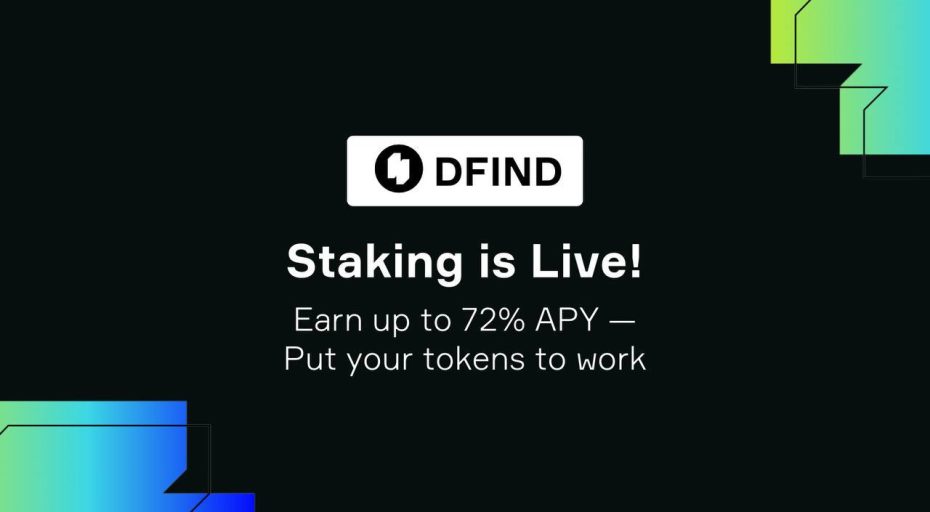Smartlands Platform at FinTech Connect 2018: It’s All About Data
It’s a bit bizarre that on two ends of the same building FinTech Connect 2018 and Black Hat 2019 coexist in McCartney-esque perfect harmony, but here we are. One of the explanations that we gleaned from the industry insiders is that there are gaps between some aspects of fintech that can be filled by the black hats. For example, security and testing firms are particularly interested in point-to-point data extraction and management, and those grey areas in between “points” is very much a black hat space…
Anyway, our destination was pavilion S1 in the London’s ExCel exhibition and convention center where “white hats” of fintech are having their shindig on Dec 5, 6. This year, the “Europe’s most exciting full ecosystem fintech trade show” is hosting 175+ exhibitors & partners, 250+ expert speakers with a plan to get more than 5000 attendees in the door. One of the draws is the number of dedicated conferences – six in two days on topics ranging from accelerating digital transformation through reimagining IT & infrastructure to fully compliant cashless society. Impressive, given that on the way to ExCel we got stuck at the Tube’s ticket barrier on Prince Regent station because the machine’s card reader suddenly quit. Oh, well, at least we can talk about the future, even though it’s not fully here just yet.
The floor, as during practically any other fintech event in the world, is filled mostly with suits, although, the sex appeal of the London gathering is palpably higher than what we’re accustomed to. Understandably so: London being London; besides, the British capital is still number one fintech sandbox in the world, so it’s only natural that the beautiful queens of RegTech, PayTech, and FinTech flock here.
The flavor of the day is AI and deep learning (in two years, they’ll probably come up with ways to deep fry deep learning and spread AI on a bread slice). In the meantime, the transaction monitoring systems that detect patterns matching the predefined rules of financial misconduct and throw up red flags (the old way) are being thoroughly re-educated. Now, the pitch goes, they can detect anomalies on a level so deep that they can recognize relationships and predict certain events. It’s not exactly clear how this prediction and recognition precrime will play out in court, but AML is supposedly getting a powerful second wind here.
Another interesting development discussed around the ExCel water coolers was the fintech’s influence on the creation of transcendently new asset classes like decentralized trust, portable sovereign identity, permission sets, which with the advent of the distributed ledger technology can be securitized and, well, traded in the form of a token. Makes your head spin, doesn’t it? It’s fun to think of your feelings as a commodity; now you finally have something to trade with your girlfriend when she’s not completely satisfied with the level of intimacy you are perfectly comfortable with.
Joking aside, sure, in the “gig economy,” we’re not trading on ownership for many reasons. Namely, we simply can’t afford to own things anymore, so we’re learning to exploit trust to the extent when it makes perfect sense to commoditize it. And the foremost important aspect of trust is identity. So, on the one hand, in the digital age, the multifaceted bundle of professional and personal traits protected by GDPR, you know, your identity, is no longer a purview of a government. On the other hand, there are voices out there suggesting a centralized authority for the custodianship of assets like identity and trust, and banks are named a prime candidate. I hope Satoshi is either unreal or dead. Otherwise, he/she must feel nauseated literally every minute of his/her life.
Overall, FinTech Connect 2018 is all about data, particularly, the three Vs’ of it – velocity, volume, and veracity. The speed with which data is aggregated is key to the accurate analysis of liquidity information and transaction reporting – something that’s imperative for the security token space where the sheer volume (another V) of blockchain-stored data is incomprehensible even by the IFRS 9 standards. And of course, the veracity (the third and final V) of data is not only a crucial instrument of prosperity for a KYC/AML-compliant issuance platform, but also is something APAC/ASEAN countries’ monetary authorities have been looking into with persistence and vigor. We’ve coined a term Asia Major (as opposed to Asia Minor), which is Asia from the Gulf of Oman to the South China Sea, and trust us, nothing the governments there are concerned with more than the accuracy of data they’re getting on their citizens.
Although the overall impression of the event is positive, it seems that privacy as we know it is about to become a bygone notion of the past. It’s ironic because privacy was one of the main claims to fame of the blockchain technology and now we all are going to have to cope with the fact that we can’t have it all. Just like with Ethereum where we can’t have scalability, decentralization, and security at the same time, privacy is going to become an unachievable luxury for those who want it all and now. The more secure your wallets are going to be, the more your government is going to want to know about you on other fronts. The more layers of security your future token is going to have, the more data points it’s going to have to scale exposing its attractiveness to all kinds of evil-doers. And the sooner you learn to live with all that, the better you’re going to sleep, and fatter dividend checks your going to receive.






